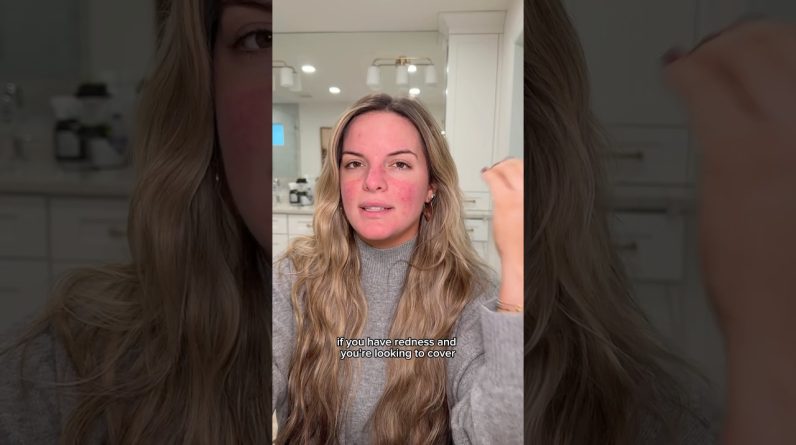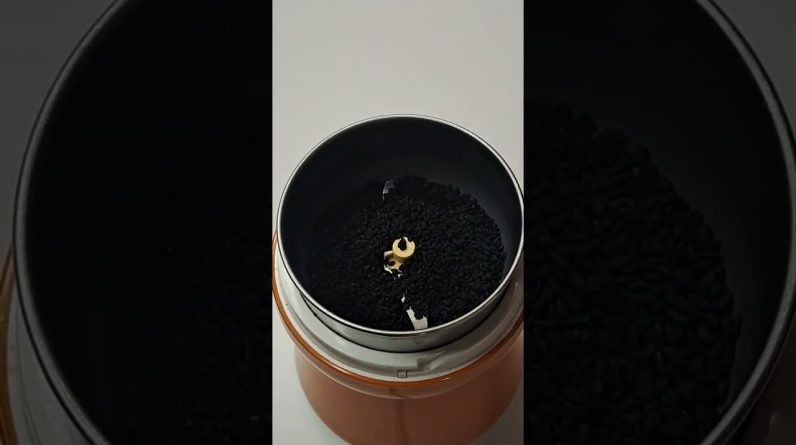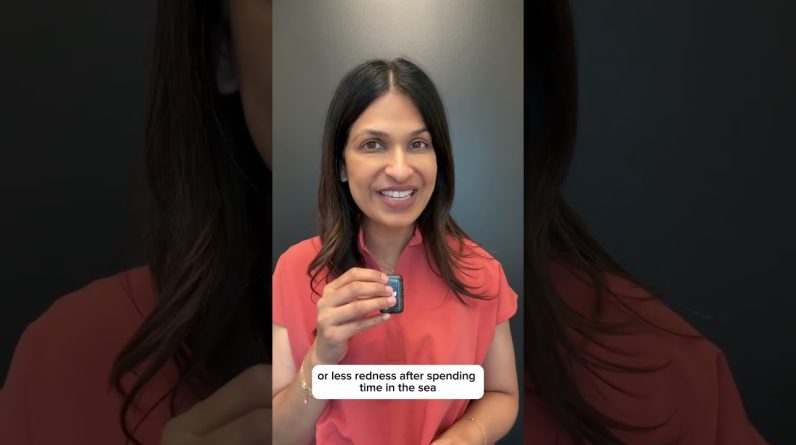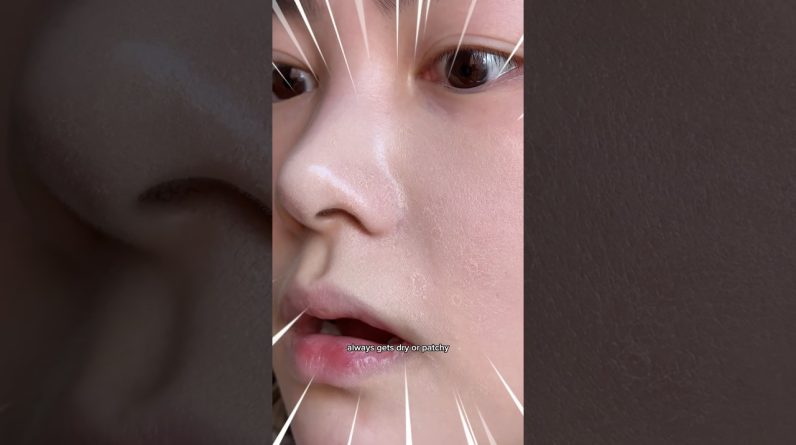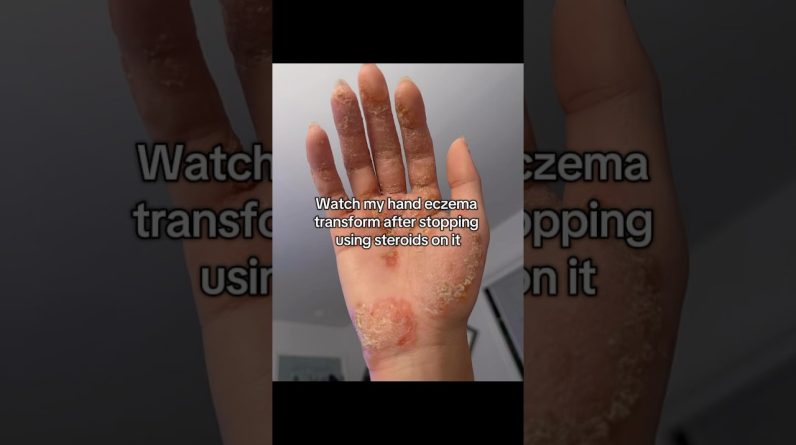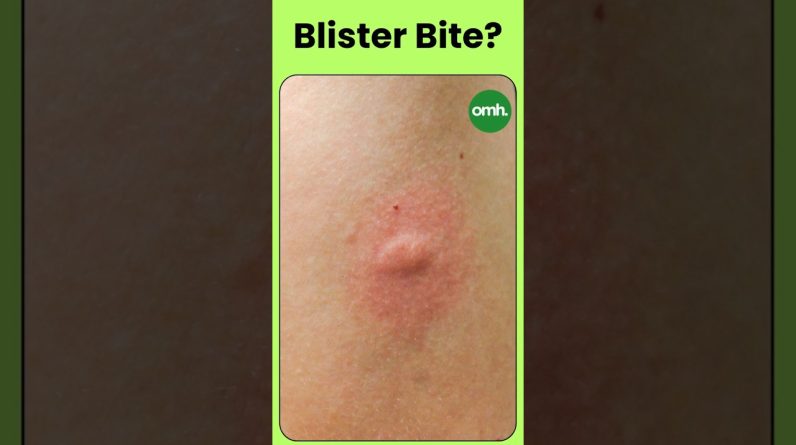Herpes Simplex Mouth Infection Toddler proven and effective method
PERMANENTLY ELIMINATE THE HERPES VIRUS FROM YOUR BODY
click the link
PLEASE LIKE, SHARE AND SUBSCRIBE TO MY CHANNEL
#herpessimplexmouthinfectiontoddler
herpes simplex mouth infection toddler
HOW DO COLD SORES / MOUTH INFECTION SPREAD IN TODDLER?
Cold sores / Mouth infection are highly contagious. They can spread through saliva, skin-to-skin contact, or by touching an object handled by someone infected with the virus.
Primary HSV – Example when a child develops a cold sore for the first time (also called primary HSV), the blisters often spread beyond the lips to the mouth and gums. A child may also have a fever, swollen and tender lymph glands, sore throat, irritability and drooling. Sometimes symptoms are so mild, though, parents may not even notice any of them.
WHEN PROBLEMS CAN ARISE:
The virus from Cold sores can spread to the eyes, which can lead to HSV keratitis, an infection of the cornea—the clear dome that covers the colored part of the eye. The infection usually heals without damaging the eye, but more severe infections can lead to scarring of the cornea or blindness. HSV keratitis is a major cause of blindness worldwide.
HSV is especially dangerous to babies under 6 months of age. Parents or relatives with Cold sores / Mouth infection should be especially careful not to kiss babies—their immune systems are not well developed until after about 6 months old. Signs that a baby may have been infected with HSV include low grade fever and one or more small skin blisters. These symptoms can occur 2 to 12 days after HSV exposure. If these occur or if you have any concerns, call your pediatrician.
DO COLD SORES / MOUTH INFECTION COME BACK?
After a child’s first cold sore, the virus settles into bundles of nerve cells in the body—causing no symptoms unless it activates and travels back up to the skin’s surface. While the virus remains in the body for the rest of your life, the recurrence of Cold sores / Mouth infection is highly variable. Some children may never get another cold sore, while others may have multiple outbreaks a year. When the virus does reactivate, Cold sores tend form again at the same spot but usually not inside of the mouth.
The first signs of a flare up include tingling, itching, or burning where the cold sore moves toward the skin. Parents might notice their child keeps touching or scratching a spot on the lip that starts to swell and redden before sores form.
COMMON COLD SORE TRIGGERS:
Once a child is infected with the cold sore virus, it is more likely to return during times when the body’s immune system is run down or the skin becomes irritated from other causes.
Common cold-sore triggers for children previously exposed to the virus include:
Fatigue and stress
Exposure to intense sunlight, heat, cold, or dryness
Injuries to or breaks in the skin
Illness (i.e., cold or flu)
Dehydration and poor diet
WHAT PARENTS CAN DO:
Although there is currently no cure for Cold sores / Mouth infection, the good news is that they go away on their own. Some may take a little longer than others to heal. Cold sores are typically not treated, because the medications currently available only slightly speed up healing time. Parents can protect against the Cold sores spread, help relieve the child’s discomfort during a flare-up, and try to avoid possible triggers.
STOP THE SPREAD.
Try to prevent your child from scratching or picking at Cold sores. This can spread the virus to other parts of the body, such as fingers and eyes, as well as to other children who touch toys and other objects they play with. Wash hands and clean toys regularly.
During a cold sore flare-up, don’t let your child share drinks or utensils, towels, toothpaste or other items to avoid spreading the infection through saliva. Also, wash items such as towels and linens in hot water after use.
Children usually can go to child care or school with an active infection, but your pediatrician may suggest keeping them home if they drool a lot or are having their very first HSV outbreak. See When to Keep Your Child Home from Child Care for more information.
If your child participates in sports that involve skin-to-skin contact such as wrestling, he or she should sit out during an active cold sore infection. Make sure mats and other equipment are cleaned regularly after use.
Shelley Grace Craft Youtube Channel
Herpes Simplex Mouth Infection Toddler



